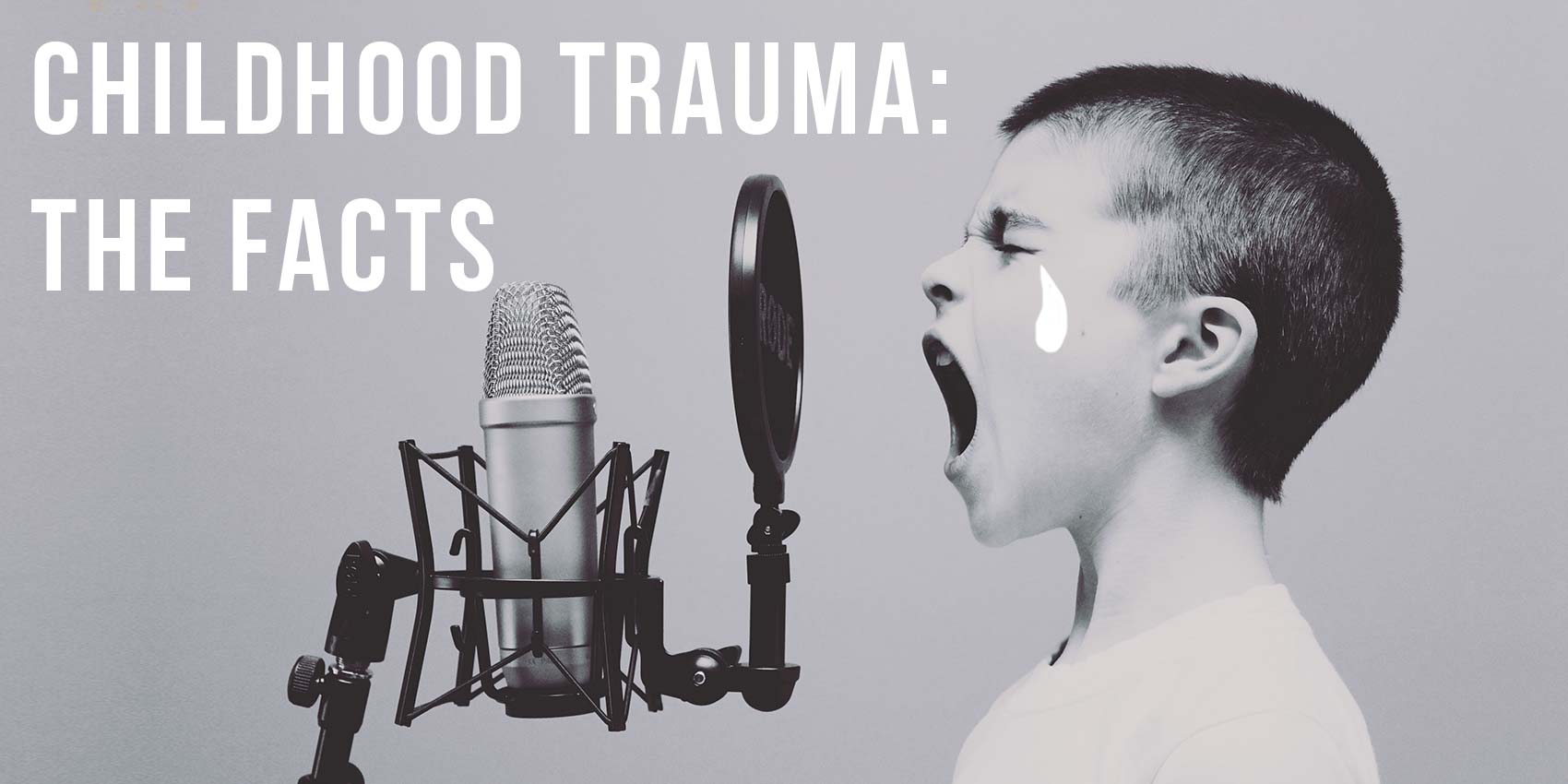01 Mar Childhood trauma – the facts

Childhood trauma is an increasing public health problem in the US. Each year, well over a million children are believed to suffer abuse or neglect. However, only one million cases are labeled as abuse by the authorities (in which 80% of the cases point blame on the parents/caregivers). Abused children can only be helped when authorities are notified and can then assess the level of abuse and determine the best path forward for the child.
The technical term for such abuse is called Adverse Childhood Experiences (known as ACEs). ACEs are commonly researched because of the profound impact they have on future adult mental and physical health. In fact, the more ACEs reported (the more trauma early in life), the more likely an adult’s physical health will suffer. Nearly one third of U.S. youth ages 12-17 have experienced two or more types of ACEs, the effects of which (if left undressed) can change children’s physical and mental health as adults (source: New York State Opioid Instruction Resource Packet).
Society pays a big price for the lasting effects of childhood trauma. The criminal justice system is just one example. People with childhood histories of trauma, abuse or neglect make up almost all of the criminal justice population in the US. People have a tendency to repeat what they experience so they either repeat the violent acts of their childhood because they don’t know how else to handle situations or the unresolved emotions from their trauma make their emotions overwhelming. When overwhelmed by emotions, these people are unable to manage them well.
In Trauma 101, you learned ways to protect yourself from future trauma, but when children grow up with trauma, it’s very difficult for them to protect themselves. They usually can’t escape the experiences because childhood trauma is often at the hands of caregivers and parents. Unfortunately, the effects are long-lasting: the way our parents treat us has an enormous impact on who we believe ourselves to be. And if we don’t feel worthy because the people we loved the most treated us as unworthy, we may act on that feeling in destructive ways.
Furthermore, our parents’ interactions with us lay the foundation for how we connect with others later in life: If we felt safe connecting with our parents because they were largely loving, caring and trustworthy, we’ll go on to connect with others pretty easily. If we didn’t feel safe connecting with our caregivers because they sometimes nurtured us, sometimes hurt us, we won’t feel very confident going forward. With parents that were abusive, connecting with others can feel too unpredictable.
As you can see, childhood trauma is an intense and highly researched area of mental health because it has an enormous effect on how adults behave in society. Understanding the impact of early childhood trauma helps us learn how to heal those affected by it. Keep reading to learn more….




WLKHS1101
Posted at 12:40h, 15 OctoberMy childhood has had a big impact on who I am today. My parents raised me to be loyal and fair, and I think that I can proudly say that I am those things. I was taught to make the best of my life and go to new places. This is what I plan to do.